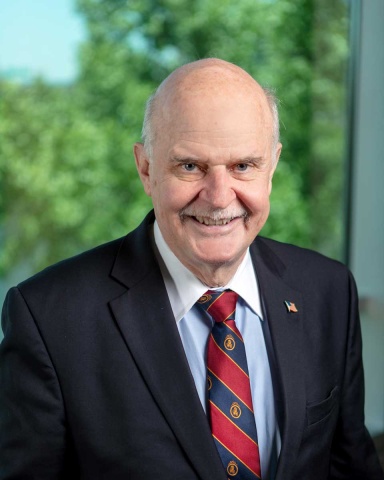At no other stage in history has civilization depended so much on human capital: on trust, on credit-worthiness, on truthfulness. Successful companies, countries, religious denominations, and families have crumbled when their members betray or abuse the trust of their supporters with lies, cover-ups, or shameful silence.
This contagion of distrust will bring a magnifying glass to more than the financial records of corporations. Already, we have seen the reputations of foundations, colleges, and sports associations tarnished as a consequence of corrupt behavior. Think tanks and other nonprofits need to be scrutinized, as transparency and accountability are vital to the long-term health of our industry. Atlas suggests that institutes follow these four steps toward achieving openness:
- Disclose all conflicts of interest;
- Provide impeccable accounting and truthful reporting;
- Choose partnerships with great care; and
- Insist on the highest level of integrity among staff
Clients and supporters of think tanks can play a vital role in helping our industry mature by demanding the same disclosure expected from other investments. The think tanks that compose the Atlas family are a very young bunch (about 12 years old, on average) – especially in comparison to our most important competitors, the universities that have been with us for centuries. As a consequence, we would be less able to survive scandal than the Harvards of this world.
In 1999, a report of the General Accounting Office exposed how people affiliated with Harvard's Institute for International Development personally exploited consulting work made possible by the tens of millions of dollars granted to them, on non-competitive basis by the U.S. government. Harvard closed that institute, but later recreated it as a Center for International Development under the leadership of some of the same figures. None of our think tanks have that kind of institutional strength. It is imperative that think tanks operate with complete candor and openness, and never even a hint of corruption.
Think tanks that receive funding from corporations or business owners with interests on specific pieces of legislation need to make an extra effort to show that their policy positions are based on unchanging principles – not determined by grants.
Impeccable accounting and truthful reporting are essential – and easy, with today's technology. At Atlas, we post our annual report and financial statements on the web as soon as they are produced. More think tanks should do the same.
Donors should further insist on strong governing bodies at think tanks. Boards that are weak, divided, or with diffused interests, will fail to attract endowments or legacies, and may not exercise proper supervision of the think tank.
Care must also be exercised when choosing partnerships. By associating with a corrupt organization, an institute squanders the trust of its supporters and its reputation in the local civil society. Choosing trustworthy partners is even more important, and more difficult, for institutes engaged in international work. Atlas, for instance, has a policy of not accepting truly anonymous grants, although we always respect the privacy of donors who wish to remain anonymous.
Our care in knowing the source of donations makes us skeptical of the attitude of major for-profit enterprises that claim that, because “they are not policemen,” they have no duty to know the origin of their funds. Even more preposterous are the excuses for malfeasance given by some in the private sector that “bad laws made them do it.” We all confront bad laws, but at least at Atlas, we obey them. We would not dare risk the security of your investment.
Finally, a word about institute staff. Leaders of organizations must work to ensure that the professional ranks of the freedom movement are filled with individuals of both ability and integrity. We must create a healthy work environment that will attract and help retain the best, be diligent in checking references of new hires and monitor on-the-job behavior of existing staff. Negligence in these matters may save time in the short run, but the ill effects can plague an organization down the road.
So, how is the health of our institutes? Aware that most donors lack the time to track their grants independently, Atlas closely follows a large number of think tanks. My assessment is that our family of institutes is very healthy and deserves your trust. My greatest professional joy is meeting with donors and institute staff that devote their lives to defend liberty in an honest manner. But in an era of increased distrust, we will all have to rise to a higher level of performance.
This article first appeared in the Atlas Investor Report donor newsletter of Summer 2002.



